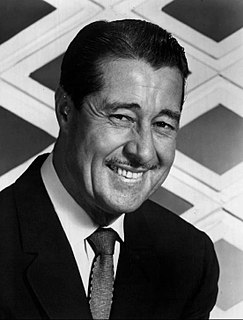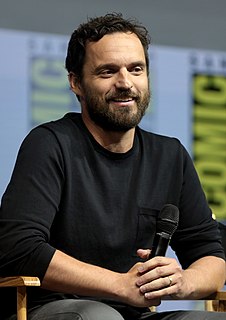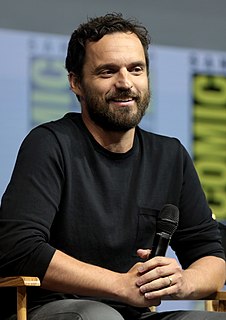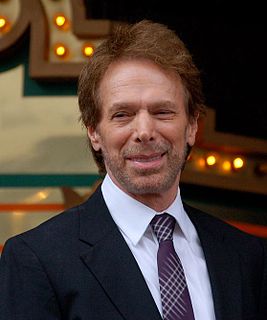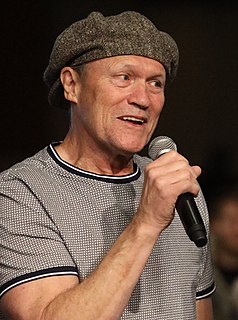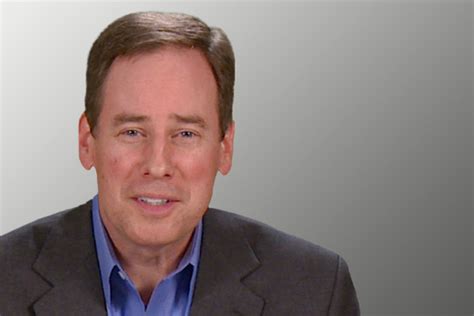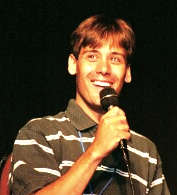A Quote by Marianne Elliott
I'm really fascinated by other directors' methods. I've done a lot of learning by observation.
Quote Topics
Related Quotes
Sometimes, when you work with directors who have done it a lot and are established in the business and know the game, there are all these rules that they have. First-time directors will allow you to come in with choices. They're not so jaded by actors that they're like, 'Ugh, just do your job, man.'
In software, consultants sometimes tell you to buy into certain software-development methods to the exclusion of other methods. That’s unfortunate because if you buy into any single methodology 100 percent, you’ll see the whole world in terms of that methodology. In some instances, you’ll miss opportunities to use other methods better suited to your current problem.



